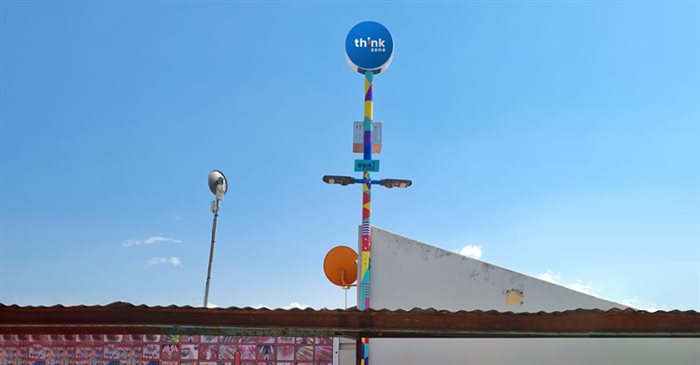With almost a quarter of our population – or around 11.6 million people – living in 532 townships across the country and a total market value estimated to be R900bn, vast potential lies in the so-called ‘township economy’. Yet, according to Roger Wilco’s 2023 township report¹, the vibrant, culture-rich township economy representing hundreds of billions of rands in spending power is largely untapped and misunderstood.
"When you crunch the numbers, the purchasing power in the townships is mind-boggling, making it a treasure trove for brands looking to tap into markets they may not have been able to access," says Janine Rebelo, CEO of township-specialist digital media channel Think Digital. "In fact, recent research revealed that Soweto residents spend a higher proportion of their income in retail than residents in Sandton. And there is at least three times the opportunity for new formal grocery stores in Khayelitsha than Milnerton²."
A challenging market to reach
However, a major barrier to entry is that brands find it challenging to understand and communicate with this market because of the lack of communication platforms available. "Brands recognise the importance of marketing their products in townships, but intelligence on and reliable access to this market has been limited historically," says Rebelo.
Traditional methods of marketing to township residents such as broadcast or out-of-home (billboard) advertising, while effective, are costly or the wastage is high – or both – while brand activations and promotions require high staffing costs and substantial on-the-ground management. Product sampling and branded merchandise require significant production and distribution costs and taxi advertising may offer great visibility, but its reach is broad with high levels of wastage.
But perhaps the biggest challenge with these marketing tools is that measuring the success of campaigns is difficult at best. There is no way to guarantee a certain number of views or that the audience you’re targeting is being reached.
Digital marketing is the way forward
Fortunately, with 187.4% of South Africans now owning mobile phones and an internet penetration rate of 72.3%³ there are more effective ways to reach this lucrative market. Free and affordable internet access has been rolled out throughout townships in South Africa, bringing a more reliable, measurable, and cost-effective way to reach township residents.
Rebelo says that most of these platforms offer advertising opportunities to various degrees but that some are proven to be more effective than others. "Our ThinkZone platform, for example, can be accessed from over 400 hotspots strategically placed throughout townships and shopping centres. We have a million users per month on our platform and we guarantee delivery to a hyper-granulated population of users."
What sets ThinkZone apart from other platforms, though, is the simple signing-in process. On the ThinkZone platform, users don’t need to sign in with phone numbers or email addresses – a step many users are reluctant to take as they prefer not to share their details for privacy reasons or to avoid becoming targets of spam.
Instead, on the ThinkZone platform, users follow a journey where they engage with targeted advertising in exchange for free WiFi and access to the internet. "It’s a positive, brand-immersive experience with a high propensity to generate action, clicks and sales. So much so that our click-through rate is more than 28% – well above the industry average of 1.9% – and viewability is more than 90%," says Rebelo.
"The sign-in process was designed to remove blockers as access to the internet should be equitable and not discriminate against those who cannot read or write. And this, in turn, has provided an exceptional opportunity for brands to interact with their target audiences in a meaningful, engaging way," says Rebelo.
South Africa’s township economy is on a trajectory to continue its exponential growth. Historically, it has been a tough market to understand and reach, but the potential is substantial and there are experienced companies and tried-and-tested systems in place that brands can leverage to tap into this considerable portion of the South African market.
¹ https://www.rogerwilco.co.za/sites/default/files/2023-06/Township-CX-Report-2023.pdf
² ABSA and IRL Consulting, 2022
³ https://datareportal.com/reports/digital-2023-south-africa













































